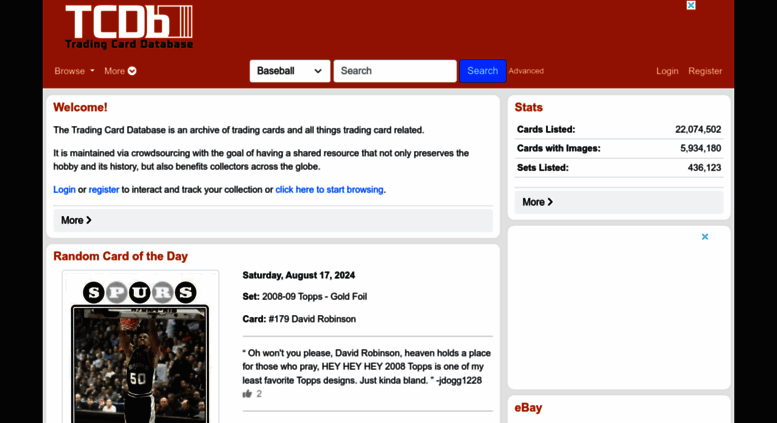
the effect of the use upon the potential market for or value of the copyrighted work.Ī recent example analyzing Fair Use in a similar situation would be Author's Guild vs Google (which came out just before this question was asked), regarding Google Books.the amount and substantiality of the portion used in relation to the copyrighted work as a whole.the purpose and character of the use, including whether such use is of a commercial nature or is for nonprofit educational purposes.įair Use is determined on four traditional factors: Category:Card Gallery | Yu-Gi-Oh! Wiki.Sites are often created to generate revenue or are community-driven projects. I suspect that most sites have not received permission to use this content. Hundreds of websites already contain card text and images. I also read the NOLO article on Fair Use. Referencing the Wikipedia article on Fair Use, the Text Mining and Internet Subsections seem relevant. Does this apply to individual cards or just rule books? In most cases flavor text is expressive and original content. For example, the text matter describing the rules of the game.". Game Copyright Document FL-108 by the United States Copyright Office states that "Material prepared in connection with a game may be subject to copyright if it contains a sufficient amount of literary or pictorial expression. Would a DMCA takedown request of such a database be warranted? Why or why not? Which US laws apply? Which Supreme Court rulings apply? Abuses could include creating proxies or replicating gameplay online. Uses could include documentation, product info, search, analysis, etc.

The purpose of the database would be integration with third-party computer applications. This project would be non-profit, open source, transformative (having been removed from the original graphic context), and non-competitive (the raw data has no use in and of itself). The database would contain card names, ability text, flavor text, etc. I would like to create a text-only database for collectible trading card games.


 0 kommentar(er)
0 kommentar(er)
